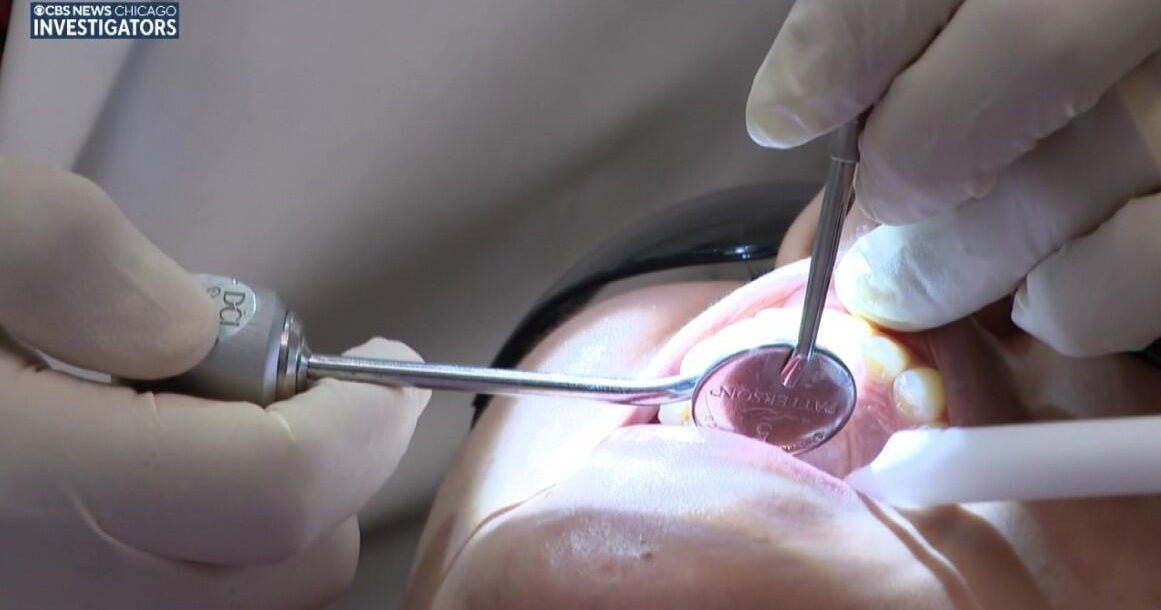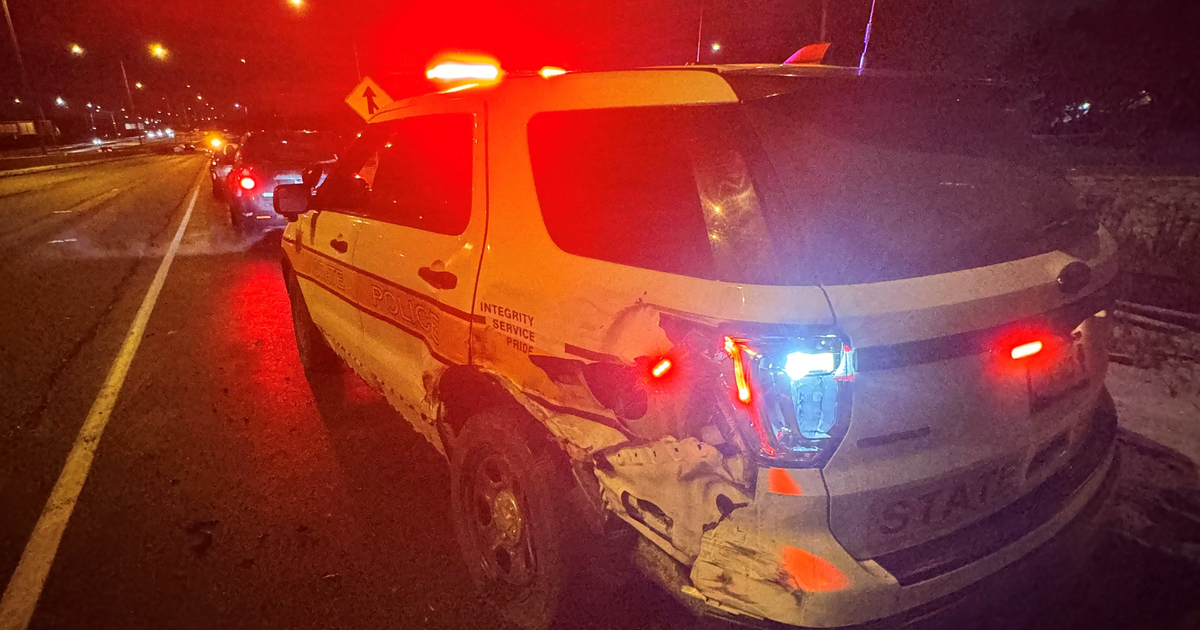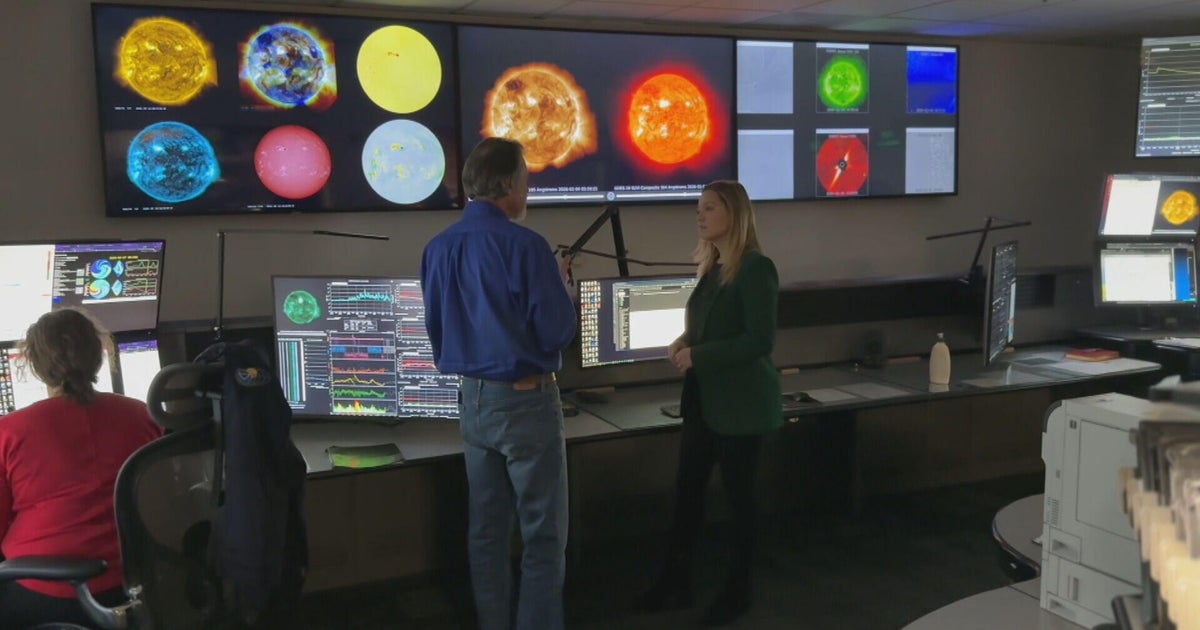Coast-To-Coast Eclipse Gives Scientists Rare Chance To Study The Sun
CHICAGO (CBS) -- It's not every day the moon blocks out the sun, so Monday's solar eclipse has astronomers and researchers especially excited.
With the eclipse visible across the entire United States, scientists have a unique opportunity to study the sun as it is rarely seen.
The city of Carbondale is the ideal viewing site for the eclipse, as it's not only along the path of totality, but the location where the total eclipse will last longest.
Tucked away on a Southern Illinois University farm is the dark site; just one of almost 70 spots along the eclipse's path of totality. A group at each site is responsible for recording video of the duration of the total eclipse.
"We're going to take that, and piece that together, and create hopefully a 90-minute film – so to speak – of totality," said SIU physics graduate student Chris Mandell.
Technology and the location of total eclipses just haven't made this sort of thing possible in the past. The last time a total solar eclipse was visible coast-to-coast in the U.S. was 1918.
SIU has poured concrete viewing pads at the dark site, where researchers and astronomers will place telescopes.
"The hope is to have the longest continuous view of totality," Mandell said.
With that video, researchers can learn more about the Sun's inner corona; something we can only study during a very short total solar eclipse, and even that doesn't really tell us what's going on there.
"So what we need is a longer glimpse of that inner Corona," Mandell said.
Scientists did a dry run on Sunday, precisely 24 hours before the moment of totality for Monday's eclipse, to calibrate their telescopes.







